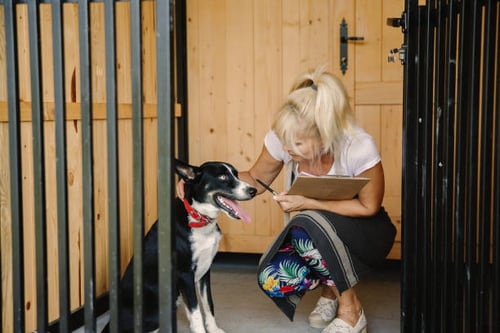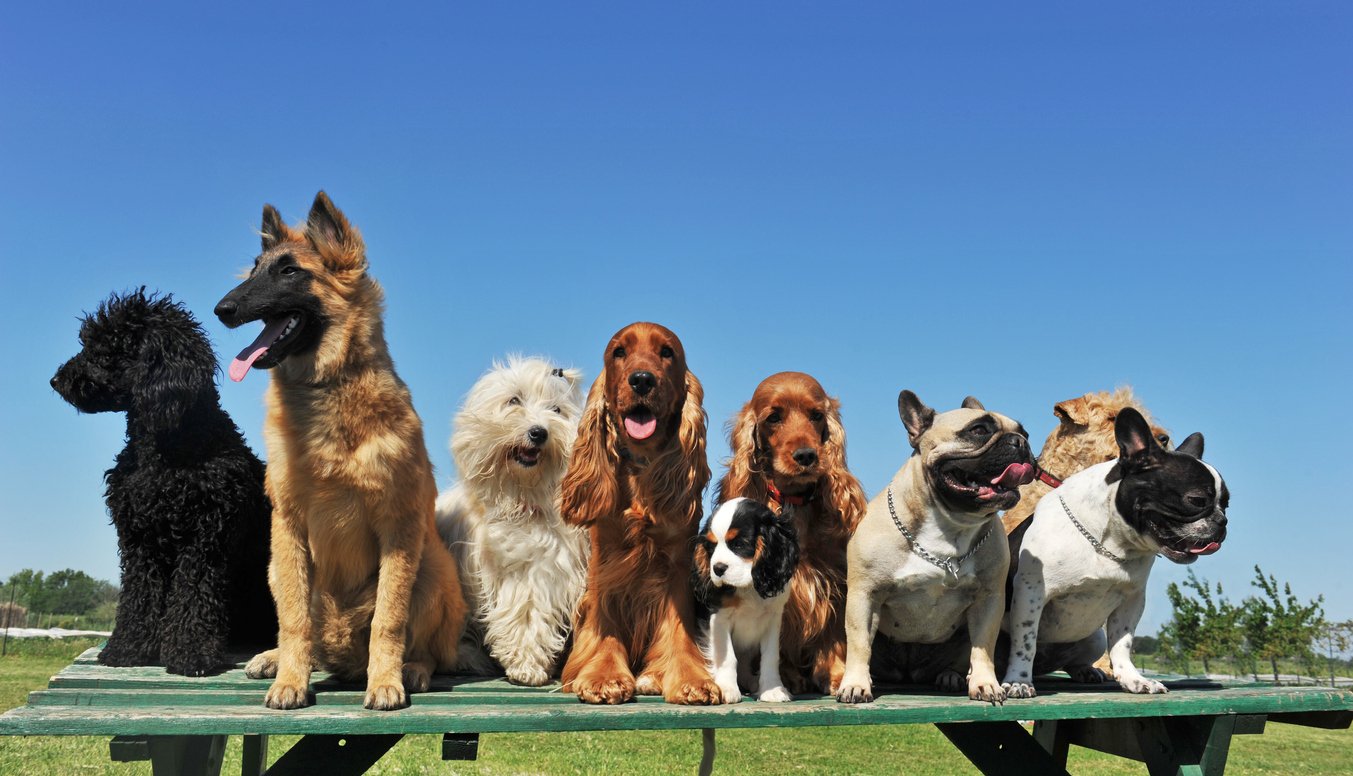Fostering a Positive Environment for Our Canine Friends
Dogs are not just pets. They are an integral part of our families, providing unconditional love and companionship. For busy dog owners, dog daycare facilities offer a valuable service: they keep our dogs safe, entertained, and well-cared-for when we can't be there. One of the crucial elements of a successful dog daycare is effective dog socialization. This practice is about much more than just playtime. It's about helping dogs develop positive relationships with their fellow canines and humans, enhancing their overall well-being.
With this goal in mind, here are some top socialization tips for dog daycare businesses.
1. Gradual Introduction
Introducing dogs to the daycare environment should be a slow, patient process. Starting with a tour of the facility with the owner and the dog can be an excellent first step. This allows the dog to familiarize themselves with the new environment while still feeling secure with their owner present. Gradually increasing the duration of their stay can help dogs adjust to the daycare environment at their own pace.
2. Compatibility Groups
Not all dogs play the same way. Some dogs are exuberant and lively, while others are more relaxed or reserved. To promote positive interactions and prevent unnecessary conflicts, group dogs together based on their temperament, size, and play style. A quieter dog might feel overwhelmed in a group of high-energy playmates, while a more playful dog could become frustrated in a group of calmer dogs.
3. Monitor Interactions
Close supervision of dog interactions is essential. Daycare staff should always be present and actively observing the dogs to ensure that play stays friendly and doesn't escalate into aggression. Staff should be trained to recognize canine body language and intervene appropriately when needed.
4. Provide Plenty of Rest Time
Just like humans, dogs can become cranky when they're tired. To avoid this, ensure the dogs in your care have regular downtime. This can involve quiet time in a separate area or even scheduled nap times. A good balance of active play and rest is crucial for maintaining a harmonious environment.
5. Regular and Varied Activities
Dogs thrive on routine, but they also love new experiences. Try to balance regular activities, like fetch or chase, with new games and experiences. This can help keep dogs interested and engaged, while also giving them the opportunity to socialize in different contexts.
6. Training and Reinforcement
Socialization is an ongoing process and doesn't stop once a dog is comfortable at daycare. Regular training sessions and positive reinforcement can help reinforce good social behaviors and prevent bad ones from developing. This could involve reward-based training for good behavior during play, such as playing nicely with other dogs or following commands.
7. Encourage Human Interaction
While dog-to-dog socialization is crucial, so is dog-to-human interaction. Dogs should be comfortable with various people, not just their owners. Staff should regularly interact with the dogs in a positive, friendly manner. This could be through play, grooming, or just sitting and petting the dogs.
Dog daycare businesses play a vital role in a dog's life, often providing them with their primary source of socialization outside of their home environment. By following these tips, you can ensure that your facility provides a positive, enriching environment that helps dogs become well-adjusted, social members of their community.
Remember, at the heart of every successful dog daycare is a deep understanding and love of dogs. By investing time and effort into their socialization, you're not just improving their time at daycare - you're helping to create happier, healthier dogs in the long run.
Looking to grow your dog daycare business? Start a free trial with Revelation Pets today!







